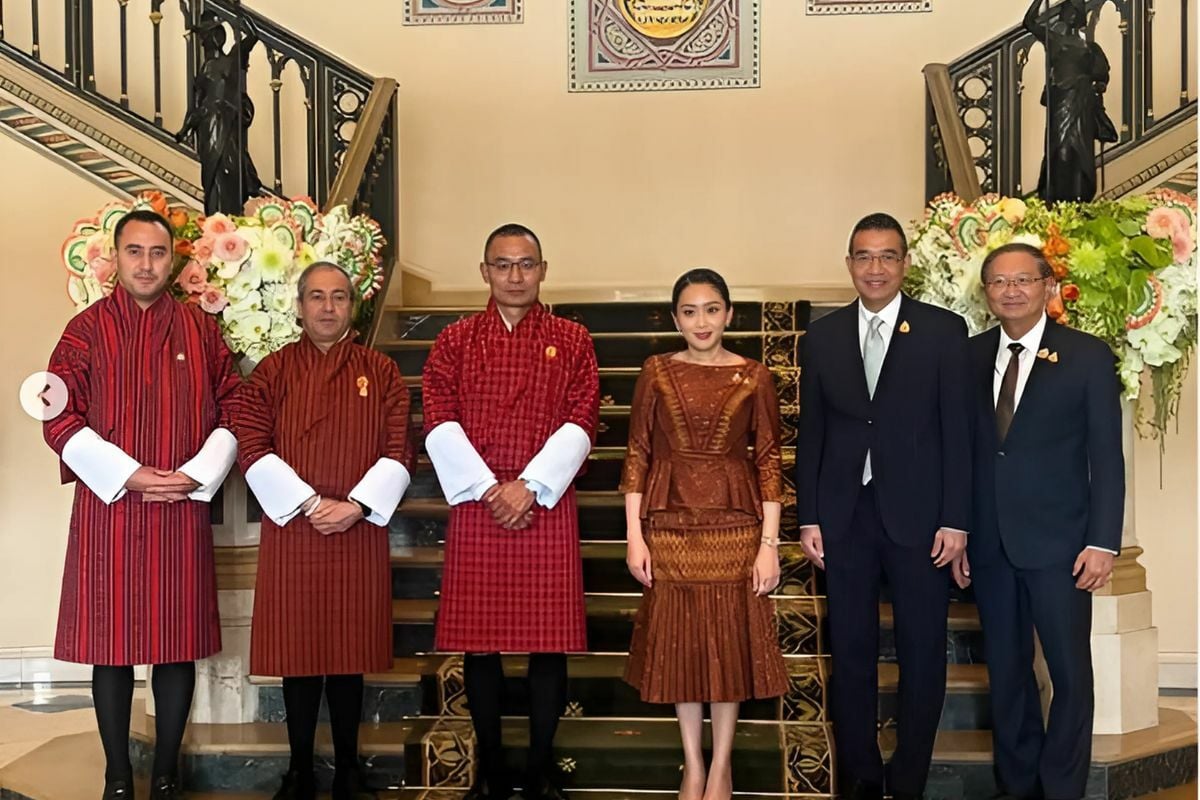Thailand and Bhutan sign landmark Free Trade Agreement

Thailand and Bhutan have signed a landmark Free Trade Agreement (FTA), strengthening economic ties and paving the way for closer trade cooperation. The historic deal was signed during Bhutanese Prime Minister Tshering Tobgay’s visit to Bangkok last week, coinciding with the 6th BIMSTEC Summit.
Bilateral trade between the two countries has already surpassed 460 million baht, and Tobgay expressed confidence that the FTA would deepen these economic relations further.
“As Bhutan and Thailand already share close relations through people-to-people ties, government collaborations, and the friendship between our royal families, the free trade agreement will continue to enhance our trade cooperation.”
For Bhutan, a small, landlocked nation, the FTA represents a crucial step towards greater economic integration with its neighbours.
Tobgay highlighted the importance of diversifying the country’s trade relations to boost economic growth.
“The FTA is vital for Bhutan to connect with other nations.”

Aligned with Thailand’s goal of promoting regional connectivity at the summit, Bhutan is also looking to collaborate with Thailand and other BIMSTEC members to attract investment for its ambitious Gelephhu Mindfulness City project.
This urban development initiative focuses on climate resilience and environmental sustainability, positioning Bhutan as a forward-thinking hub for green growth.
Tobgay also commented on global economic pressures, particularly the trade tariffs imposed by former US President Donald Trump. These tariffs are putting additional strain on certain BIMSTEC countries, reported Thai PBS World.
However, he sees these challenges as an opportunity to accelerate regional economic integration.
“US tariff policy is an opportunity for us. The changing geopolitical environment is an impetus to move faster toward economic integration in the BIMSTEC region. What’s happening globally can speed up negotiations.”
This newly forged partnership between Thailand and Bhutan is a promising step towards more robust economic cooperation in Southeast Asia and beyond. With the FTA in place, both countries are looking forward to a future of enhanced trade, investment, and regional collaboration.
Latest Thailand News
Follow The Thaiger on Google News:


























